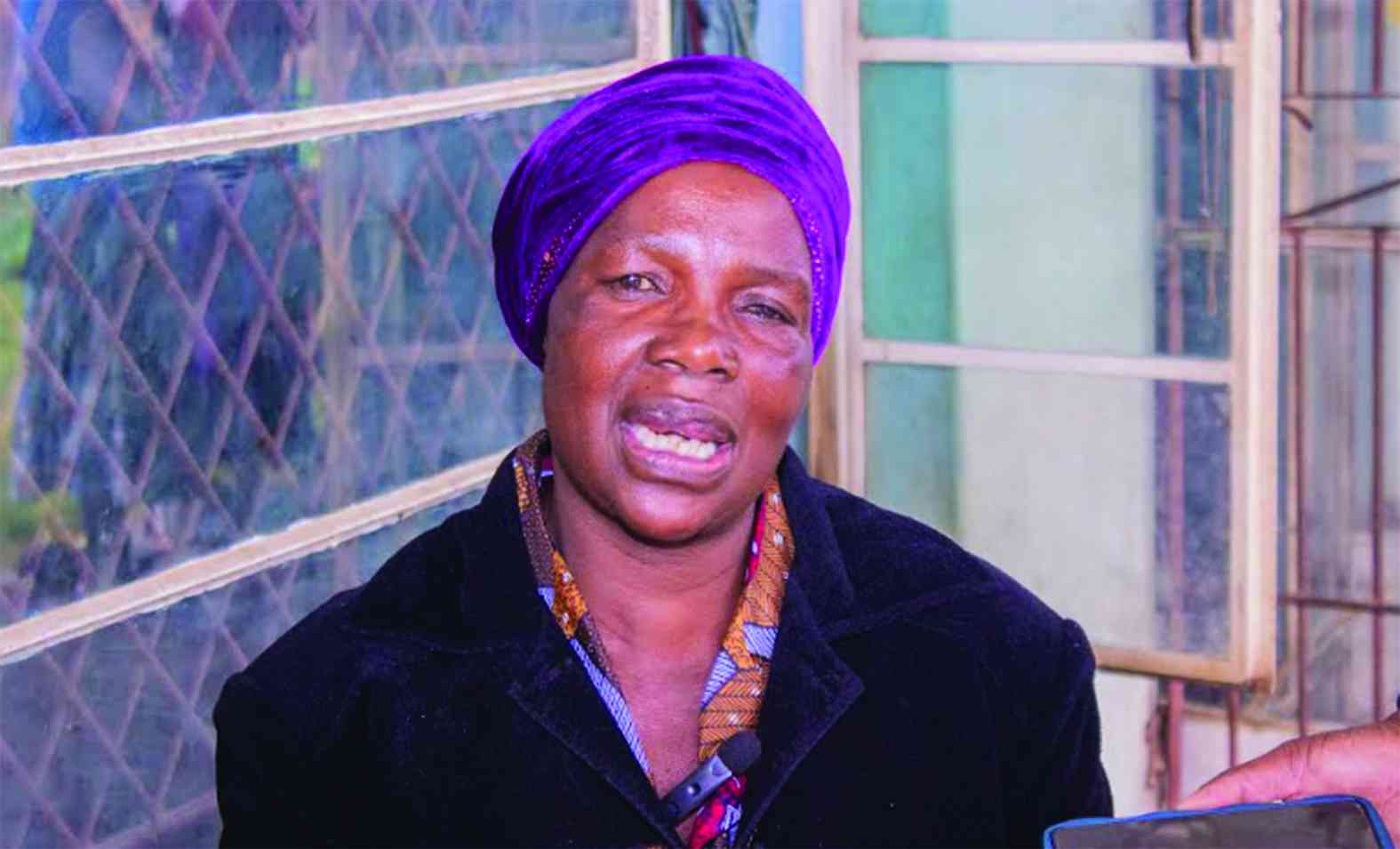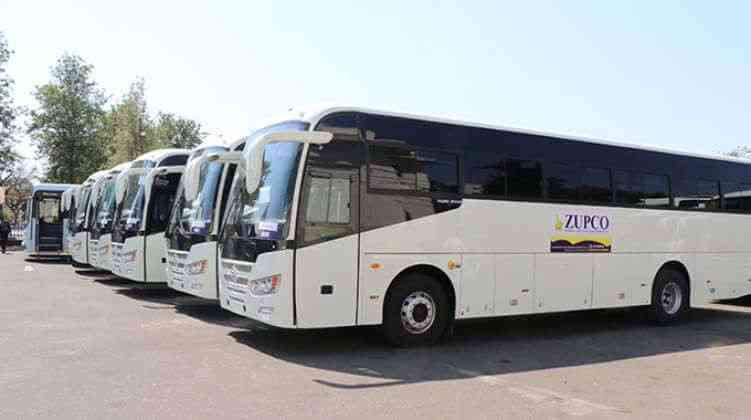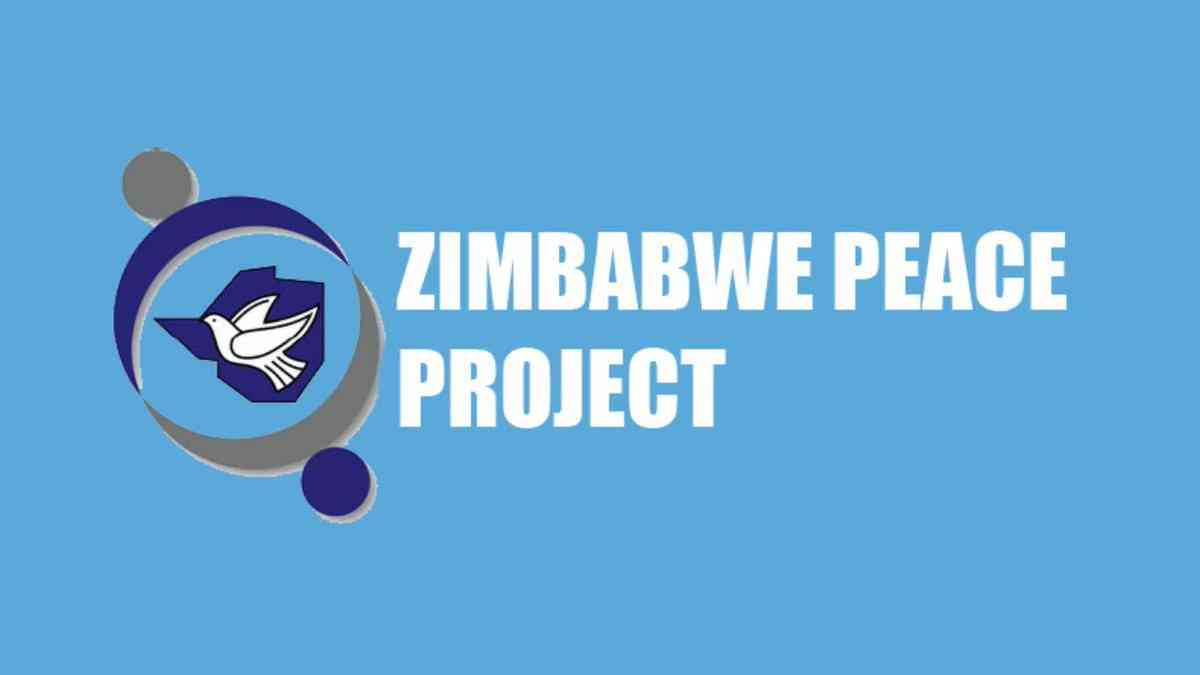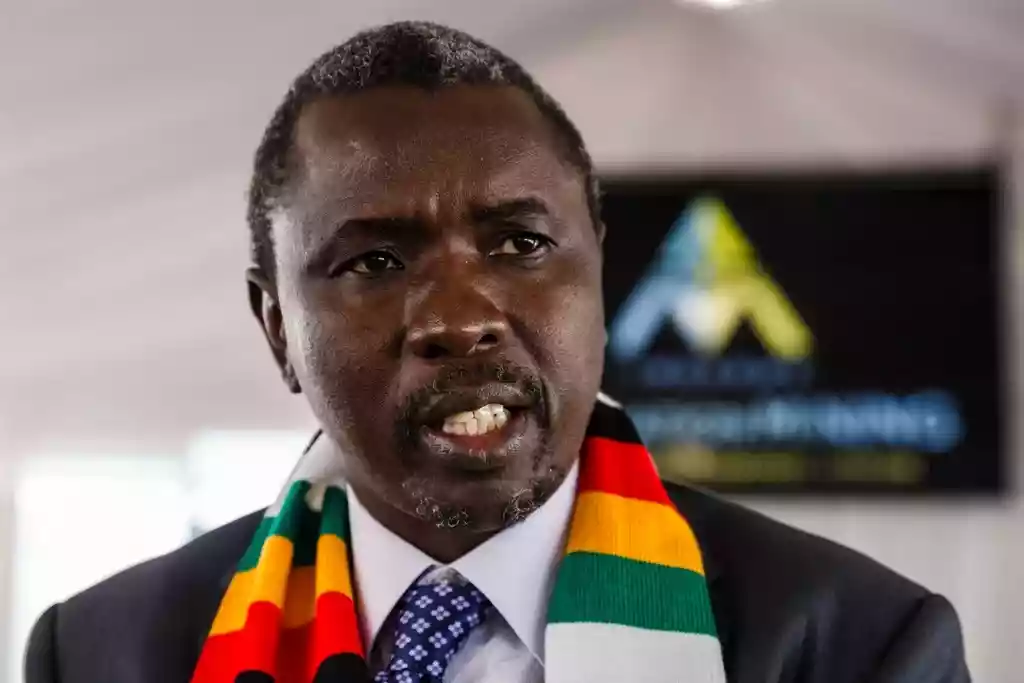
AMNESTY International (AI)-Zimbabwe has urged citizens to safeguard human rights through signing petitions and writing letters exposing the injustices.
In a statement under the “Write for Rights” campaign, AI-Zimbabwe said every citizen had a duty to fight injustice and support people whose human rights are under threat.
“Over the past few years, your actions have made a real difference to people’s lives,” the statement read.
“From Zimbabwe to Guatemala to Kyrgyzstan, activists have been freed and justice has been served.
“Amnesty International will launch its annual global letter-writing campaign on December 10 (Human Rights Day) to fight injustice and support people whose human rights are under threat at a time when global order hangs in the balance."
Agnès Callamard, Amnesty International secretary-general said by writing letters, signing petitions and sharing stories, citizens were able to support activists whose lives were in danger.
“People have been jailed, shot, tortured, forcibly disappeared and murdered, simply for speaking out to defend human rights, for protesting or voicing their anxieties about the state of the world,” Callamard said.
“This is intolerable. Amid persistent conflicts, shrinking civic space and an intensifying climate emergency, we need to hear their voices more than ever.” At least 184 human rights violations were recorded recently in the country, according to a latest report by the Zimbabwe Peace Project (ZPP).
- Zim's 2023 elections: How to judge candidates' social protection promises
- Tension ahead of central committee elections
- Candid Comment: CCC should take principled stance on sanctions
- Politicians giving us nightmares — Police
Keep Reading
ZPP raised concern over a trend of increasing violence, intimidation and discrimination, particularly in the context of food aid distribution and political repression.
According to the report, the majority of the perpetrators were linked to the ruling Zanu PF party accounting for (48,47%) of the violations followed by the police at 23,01%.
The report also highlighted the alarming politicisation of food aid distribution, where individuals are coerced into supporting the ruling party in order to access essential live-saving resources.











